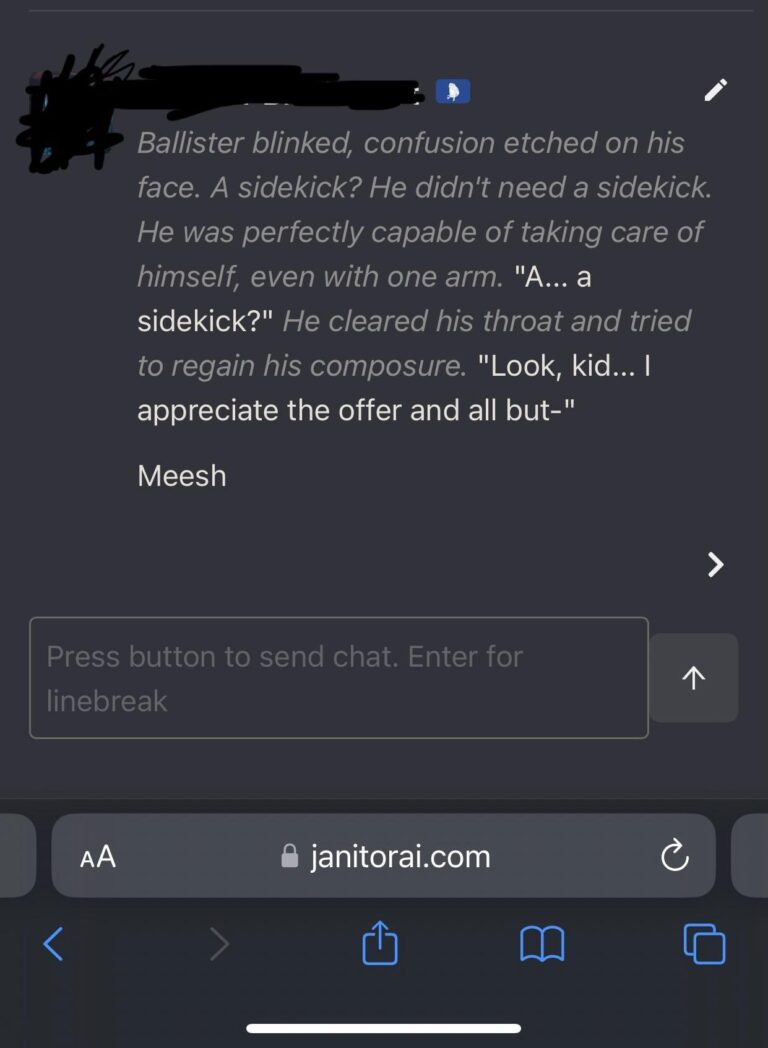Urgency Builds as Texas Governor Prepares to Call Special Election for Sylvester TurnerŌĆÖs Congressional Seat
The Houston community stands at a critical juncture following the sudden passing of Sylvester Turner, with Texas Governor Greg Abbott facing a pressing deadline to schedule a special election to fill the vacant congressional seat. This election will determine who will represent Houston in Washington during a period marked by significant legislative challenges and opportunities. As the clock winds down, political analysts and local residents alike are closely tracking the developments surrounding this important electoral process.
GovernorŌĆÖs Deadline to Initiate Special Election: A Race Against Time
In accordance with Texas state law, Governor Abbott must call a special election within 30 days of the vacancy, setting off a tightly constrained timeline for candidates and voters. The election date must balance the need for sufficient candidate filing and campaigning time with the urgency of restoring full representation to the district. This timing is especially critical given the upcoming congressional sessions where HoustonŌĆÖs voice will be essential.
- Allowing adequate time for candidate registration and voter outreach
- Maximizing voter turnout despite a compressed campaign period
- Managing the political transition in a district long influenced by TurnerŌĆÖs leadership
| Legal Deadline | GovernorŌĆÖs Deadline to Act | Projected Election Date |
|---|---|---|
| 30 days from vacancy | May 10, 2024 | Late June 2024 |
Political Stakes: How the GovernorŌĆÖs Timing Could Shape HoustonŌĆÖs Future
The timing of the governorŌĆÖs announcement carries profound political consequences. A delay risks leaving Houston without full congressional representation during critical legislative debates, potentially sidelining the cityŌĆÖs priorities on issues such as infrastructure funding, healthcare, and education. Conversely, a prompt election call could energize voter participation and reshape the districtŌĆÖs political dynamics, opening the field to new leaders eager to build on TurnerŌĆÖs legacy.
Several strategic considerations are at play:
- Voter Mobilization: Early scheduling may boost turnout, ensuring the elected official reflects the districtŌĆÖs diverse electorate.
- Candidate Advantage: Established political figures with strong networks could consolidate support if the election is held swiftly.
- Statewide Political Impact: The election outcome could influence party control and legislative priorities beyond Houston, affecting TexasŌĆÖs broader political landscape.
| Candidate Type | Party Affiliation | Core Strength |
|---|---|---|
| Neighborhood Activist | Democrat | Strong Community Ties |
| Former State Senator | Democrat | Policy Expertise |
| Entrepreneur | Republican | Business Acumen |
Emerging Contenders: Profiles of Potential Candidates for the Congressional Seat
As the special election date nears, several prominent individuals have surfaced as likely candidates to succeed Sylvester Turner. These contenders represent a broad spectrum of HoustonŌĆÖs political and social fabric, each bringing unique experiences and policy priorities to the race. Their campaigns are expected to highlight issues ranging from urban revitalization to education reform and economic development.
- Elena Martinez: Former city councilwoman known for championing affordable housing and neighborhood revitalization.
- James Carter: Education reform advocate and nonprofit executive with deep roots in community organizing.
- Linda Chen: Ex-state legislator with a focus on expanding healthcare access and social services.
- Robert Delgado: Veteran and small business owner emphasizing job creation and economic resilience.
| Name | Experience | Main Campaign Focus |
|---|---|---|
| Elena Martinez | City Council | Affordable Housing |
| James Carter | Nonprofit Leader | Education Reform |
| Linda Chen | State Legislator | Healthcare Expansion |
| Robert Delgado | Business Owner & Veteran | Economic Growth |
Understanding the Special Election Process: What Houston Voters Should Know
The special election to fill the congressional vacancy will follow a streamlined schedule designed to facilitate voter participation while adhering to legal requirements. Early voting will be available, providing multiple avenues for constituents to cast their ballots, including in-person locations, mail-in absentee ballots, and standard polling places on Election Day. The Texas Secretary of StateŌĆÖs office will oversee the certification of results to ensure transparency and accuracy.
- GovernorŌĆÖs official announcement of the election date
- Deadline for candidate filings, typically within one week of the call
- Early voting period, generally starting 10 days before Election Day
- Election Day, when all registered voters in the district can participate
- Certification of election results within two weeks post-election
| Election Phase | Expected Timeline | Description |
|---|---|---|
| GovernorŌĆÖs Call | Within 30 days of vacancy | Official announcement of special election date |
| Candidate Filing | 7 days after call | Deadline for candidates to register |
| Early Voting | 10 days before Election Day | Start of early ballot casting |
| Election Day | Set by governor | Final day for voting |
| Result Certification | Within 15 days post-election | Official confirmation of election outcome |
Looking Ahead: What This Election Means for HoustonŌĆÖs Political Landscape
As Governor AbbottŌĆÖs deadline approaches, the anticipation surrounding the special election intensifies. The forthcoming decision will not only determine HoustonŌĆÖs immediate representation in Congress but also signal the districtŌĆÖs political direction for years to come. With a diverse and engaged electorate, the race promises to be a defining moment for the cityŌĆÖs future. Houston Public Media remains committed to providing ongoing coverage and analysis as this story develops.




